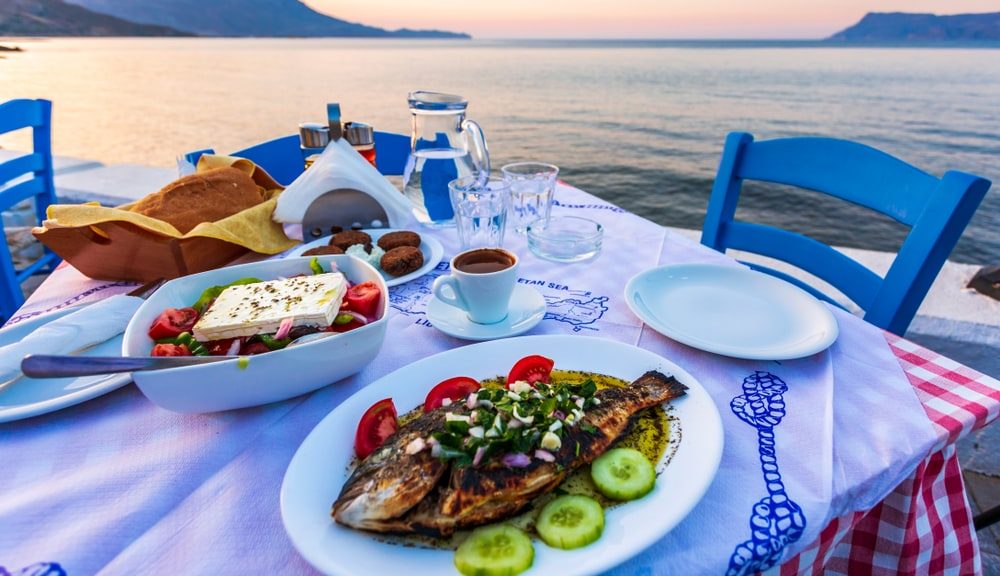
Tips & Tricks for Crete & Greece
Table of Contents
The purpose of this page is to help and inform visitors who are interested in visiting Crete. This Tips & Tricks page has been introduced to pass on any odd bits of help and advice that may be of use to someone new or perhaps not so new to Crete.
Books
We have been asked in the past about what books to buy when visiting Crete, well if I had to take just one book with me it would be “Greek Island Hopping” by Frewin Poffley, it is the only guide I have found that describes all known ferries, hydrofoils and tour boats, it has detailed descriptions for every ferry and many of the islands. You may not agree with all the authors opinions but it is still a very useful book and a must if you are actually island hopping.
Drinking water
Tap water is drinkable on most islands, but it always pays to check first. If in doubt, or you simply do not like the taste of the local water, bottled mineral water is easily available.
Sea Urchins (Black with sharp spines)
Found throughout the Greek islands clinging to rocks in shallow water, not poisonous, but the spines can break off under the skin so tweezers will not remove them. Try a fine sterilized needle.
Eating Out
Greek food is usually very good. There is no need to order a main meal if you do not wish, try ordering a selection of starters and sharing them between you. Many tavernas have local wine on the menu (if not ask), the quality can differ from taverna to taverna and is ordered by the kilo or half kilo and is usually brought to the table in a jug, it is cheaper and not quite as strong as the bottled wines. Service can sometimes be much slower in Greece than you might be used to, so order your drinks as soon as the menu arrives, also if the bread and side plates have arrived but still no sign of any food, then poor some olive oil onto a plate, season with salt and pepper, and you have a delicious dip for the bread.
Cold Beach Drinks
Remember to drink a lot more water than you usually would at home, dehydration can have some disastrous effects. If you are heading off for a day on the beach, the night before you go, place a large bottle of mineral water, two thirds full, into the freezer compartment of your fridge, prop up the neck of the bottle so that when the water freezes it won’t block it off. Just before setting out next day, top the bottle up with other cold water from the fridge, you will have cold drinks all day.
Taxis
Island Taxis are all metered, but it has been known for drivers to forget to switch them on. To save any problems, it is usually better to agree the fare before committing yourself to the journey. There may also be an extra charge for carrying individual items of baggage. During quiet periods, it may be possible to negotiate a lower fare. It is not uncommon, if there are spare seats in the taxi, for drivers to stop and pickup other passengers along the way, this is standard practice in Greece, but unfortunately this will not reduce the cost of your fare.
Ferries
Tickets are usually purchased from travel agents or kiosks near the harbour. There is little to no advantage in buying a return ticket for a ferry in Crete as they often charge the same as for two single tickets. As a general rule, the faster the ferry the more expensive it is. If you are island hopping on a limited budget, then try doing the longer trips on a slow overnight ferry, not only is the fare cheaper, but by sleeping on the ferry, you can save yourselves the cost of a room for the night.
Torches
In quieter areas, especially on the smaller islands, there will be little or no street lighting. Paths to and from your accommodation may be rough and uneven, so always pack a small torch, just in case.
Toilet Paper
In most places the Greek sewerage system cannot cope with the disposal of toilet paper, so a pedal bin or basket is provided alongside the toilet for its disposal.